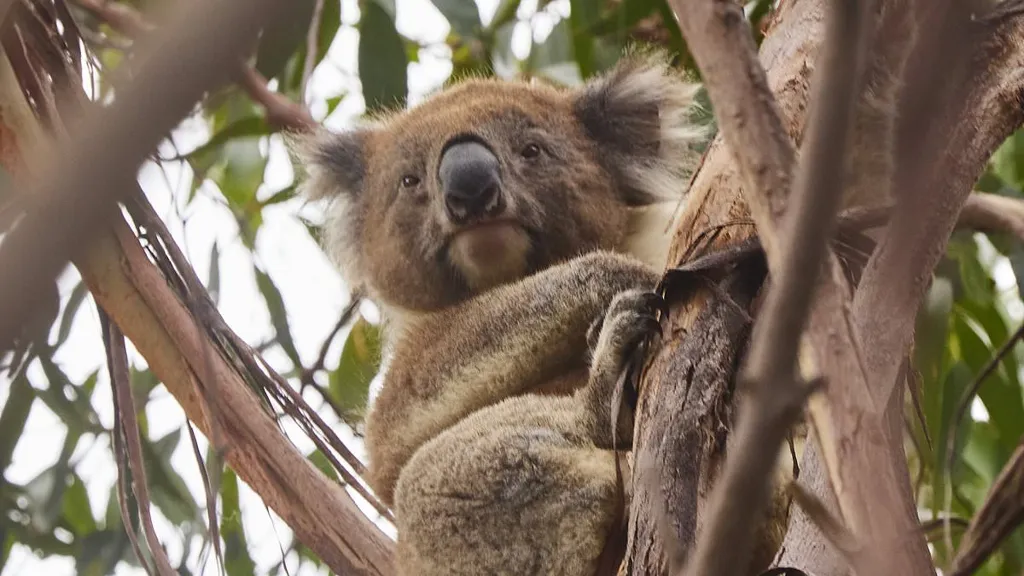Hundreds of endangered koalas are being shot dead by helicopters flying over parts of Australia in what welfare groups have called a 'massacre'.
The marsupials are being gunned down as part of a welfare programme but campaigners have hit out at the government and called the actions cruel.
Roughly 750 koalas, some of which are protected, have been killed by aerial snipers from Australia's Department of Energy, Environment and Climate Action (DEECA) as part of a euthanasia programme after bush fires left many injured and starving in Budj Bim National Park.
While the government has claimed it is looking out for the koalas best interests, animal welfare groups have reported joeys (baby koalas) plunging from trees still clinging to their dead mothers according to the Sunday Mirror.
Wayne Pacelle, President, Center for a Humane Economy told the paper: 'This isn't mercy. It's a massacre.'
The number of koalas in Australia has declined in recent years due to disease, bush fires and drought with the population in New South Wales down 60 per cent since 2001.
Koalas are listed as endangered in New South Wales, Queensland and the Australian Capital Territory, but they are not in south-west Victoria and South Australia where there are not enough trees to sustain populations.
Following the 2019-20 bush fires, scientists warned that koalas were on borrowed time and could even become extinct by 2050 without urgent action.
Roughly 750 koalas have been shot dead by aerial snipers in Australia as part of a euthanasia programme after bush fires left many injured and starving in Budj Bim National Park.
While the Australian government has claimed it is looking out for the koalas best interests, animal welfare groups have reported joeys (baby koalas) plunging from trees are left clinging to the dead mothers.
Animal rights groups are now calling on the Australian Prime Minister, Anthony Albanese to act to prevent the cruel mistreatment of one of Australia's most famous animals.
Some critics have suggested that the cull is to keep away koalas from commercial eucalyptus plants but Mr Pacelle has said that those in Victoria have simply overlooked the value of the animals.
In a statement from Koala Alliance, the protection group said it was dangerous for people to accept the killing of koalas as necessary and allowing the Australian government to continue would set a 'dangerous precedent'.
Speaking to The Independent, Jess Robertson, president of the Koala Alliance, said that local communities were disgusted with the methods used and added that it wasn't efficient and did not have the welfare of the koalas at heart.
She said: 'There is no way they can tell if a koala is in poor condition from a helicopter.'
But Victoria State Government said 48 per cent of 2,219 koalas had been suffering from injuries and burns from bush fires in a sample collected in March.
Experts have also said that it is important to consider the habitat of koalas and better manage the landscape.
Rolf Schlagloth, from CQUniversity Australia, told Vox: 'We can't eliminate bushfires altogether but more continuous, healthy forests can assist in reducing the risk and severity of fires. Koala habitat needs to be extensive and connected and the management of blue gum plantations needs to consider the koala as these trees are very attractive to them.'
Euthanasia should be used as a last resort when animals are severely injured, he added. But an aerial cull 'appears to be a very indiscriminate method,' Dr Schlagloth said.
